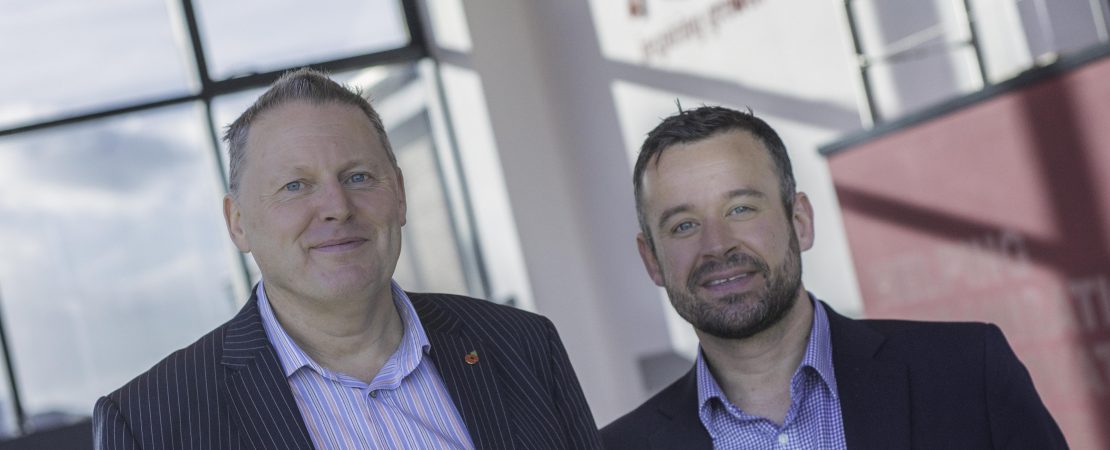
In conversation with Chas Howes, former CFO of Superdry
On Thursday we welcome Chas Howes to the North East to be the keynote speaker at the next Growth Hub Live event, Taking Leadership to the Next Level.
Chas is the former CFO of global clothing brand Superdry, joining in 2007 and overseeing a growth in turnover from £41m to £341m. He chaired the project team responsible for listing the business on the London Stock Exchange in March 2010, winning ‘IPO of the Year’ in 2010 and achieving FTSE250 status within one year.
Here, Chas shares some advice for growing businesses here in the North East. To hear more, book a free place at Growth Hub Live: Taking Leadership to the Next Level.
What’s the most memorable moment of your time with Superdry?
Sitting in the London Stock Exchange to see the first trade when we listed. It was at £4.99 against a flotation price of £5.00 – from there the share price went North for about a year, with us ending up as a FTSE250 company. It was the culmination of my career and the result of a lifetime of work – not many CFOs get the chance to list on the LSE, and I won’t get another one!!
What qualities do you think a person, or a team, needs to lead a growing business?
Those who can make decisions in ambiguous circumstances will be the most successful. If it isn’t a contradiction in terms, I’d say make decisions on fact or knowledge-based intuition and also don’t interfere – trust others to do their job. Have respect for other members of the business or team and be prepared to muck in. Provide air-cover for your employees, particularly those that work for you. Recruit, reward and retain the best, think clearly under pressure, and plan and anticipate for things to go wrong – it’s how you recover that matters.
What are some of the most common challenges faced by companies as they grow?
Too much to do and not enough resource of the right quality or quantity. There can be a lack of focus on what is really important – choose the few initiatives that will make a difference and do them really well. Another danger is to be always chasing new business and forgetting the infrastructure back in the office – it is more exciting doing a new deal that implementing a new IT system!
Do the same challenges apply to businesses operating in different sectors?
On balance yes, but they may take a different form depending on the industry – financial services vs retail for example. When growing, the scarcest resource is cash so, whatever the sector, make sure it is really well managed by experts and look for opportunities to generate more cash – e.g, liquidating old stock or leveraging the supply chain / cash cycle.
If you could offer one piece of advice to someone who wants to grow their business, what would that be?
Don’t forget the infrastructure – systems, people, facilities, controls, and particularly IT.
How can companies learn from success stories like that of Superdry?
Everything you do must be with the brand in mind. If an entrepreneur confuses personal and professional objectives, decision making will be flawed.
Don’t be afraid to surround yourself with good people to improve business performance and fill personal skill gaps with the exceptional.
Have the strength of your convictions and never give up – keep the energy and positivity going no matter what the environment throws at you.
Growth Hub Live – Taking Leadership to the Next Level is on Thursday 7 December, 8.30am to 12.30pm. Find out more and book a free place.





